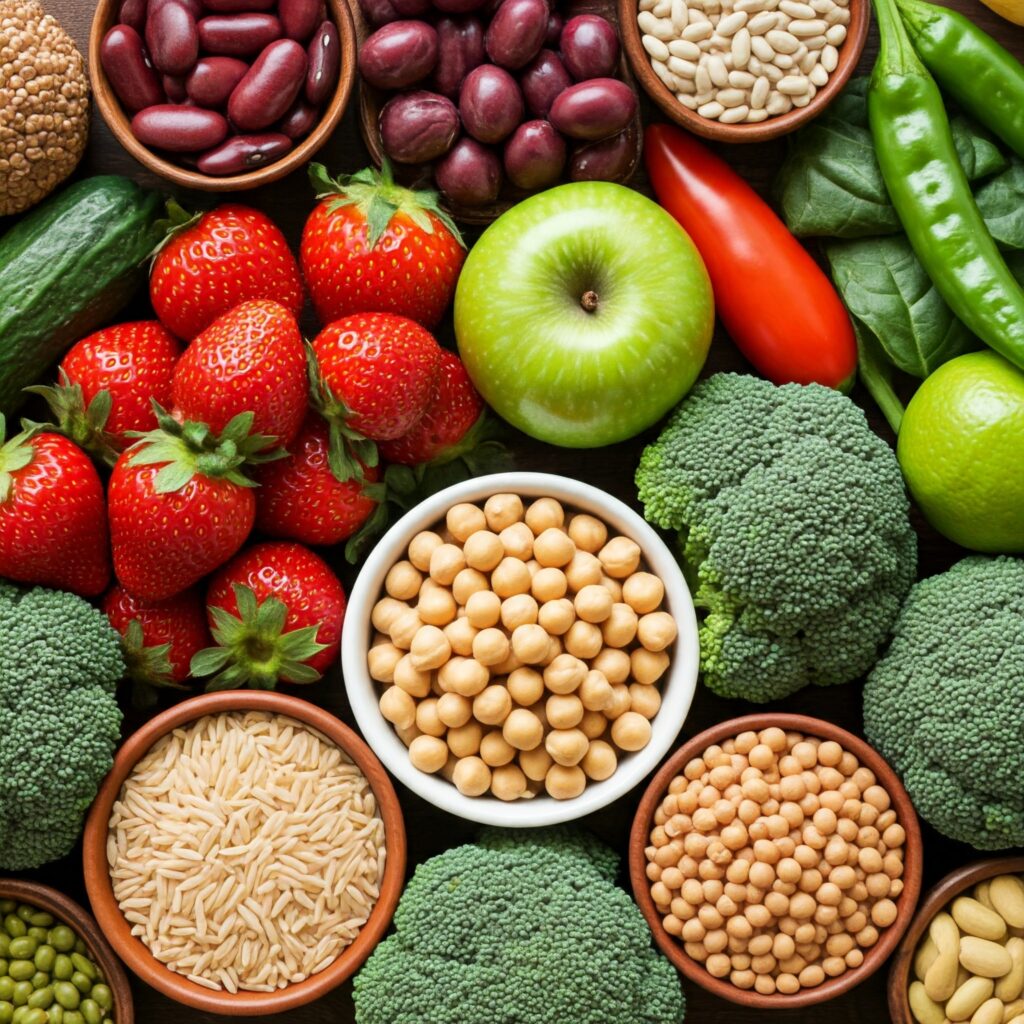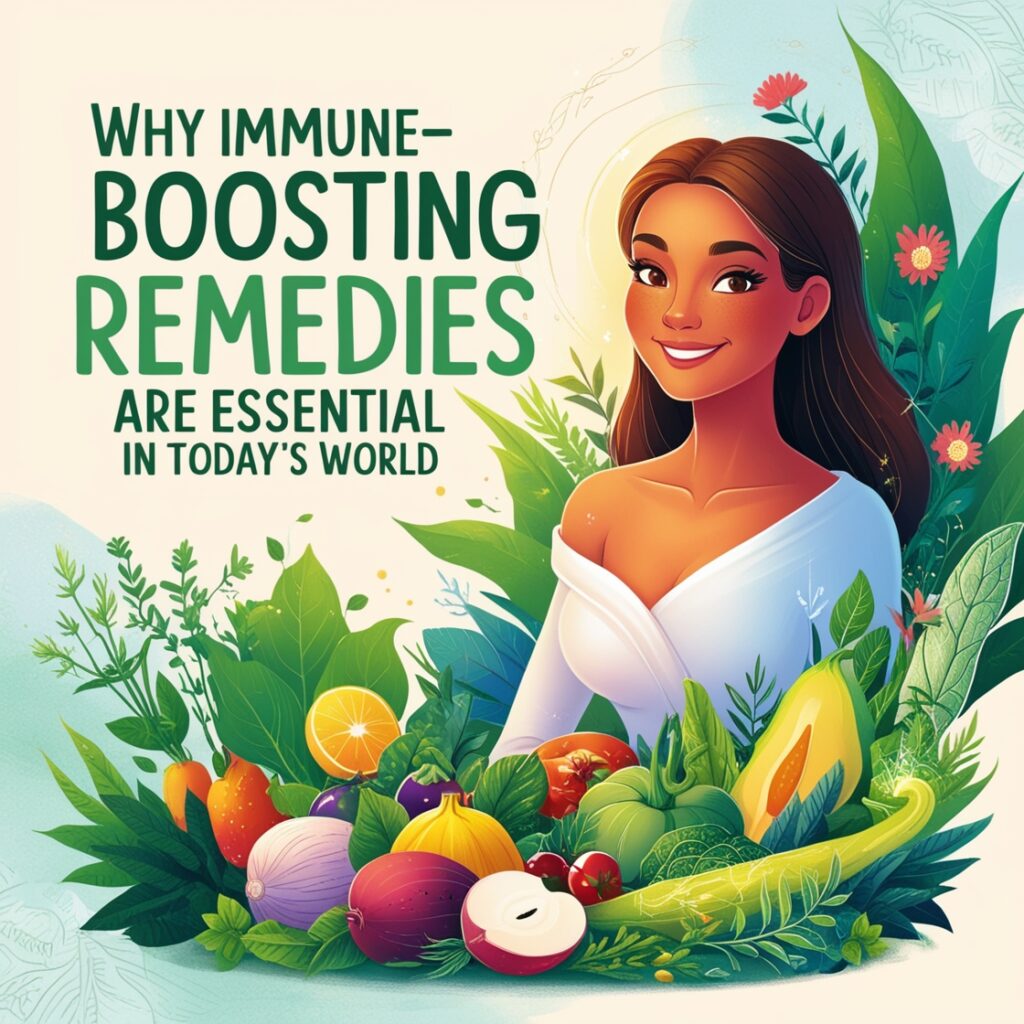Introduction:
Plant-based diets are rapidly gaining popularity across the world, and for good reasons. Whether for ethical, environmental, or health purposes, millions are turning to plant-based eating to fuel their bodies with nutrient-rich foods that support fitness, energy, and long-term health.
With countless studies highlighting the benefits of reducing or eliminating animal products, transitioning to a plant-based diet can lead to weight loss, reduced inflammation, improved heart health, and even longer life expectancy. But where do you start?
In this blog, we’ll explore the advantages of going plant-based, what the science says, and practical tips for transitioning to a plant-powered lifestyle.
What is a Plant-Based Diet?
A plant-based diet focuses primarily on foods from plant sources, such as vegetables, fruits, whole grains, legumes, nuts, and seeds. While it doesn’t necessarily mean becoming fully vegan or vegetarian, it emphasizes eating more plants and fewer animal products.
There are different approaches to plant-based eating, including:
- Vegan: Excludes all animal products.
- Vegetarian: Excludes meat but may include eggs and dairy.
- Flexitarian: Primarily plant-based with occasional meat or animal products.
- Whole Food Plant-Based (WFPB): Focuses on whole, unprocessed plant foods and avoids refined or processed items.
Health Benefits of a Plant-Based Diet

Switching to a plant-based diet is not just a trend—it’s backed by science. Here are some key health benefits:
- Weight Loss: Plant-based diets are typically lower in calories and high in fiber, helping people feel full longer and consume fewer calories. This can lead to weight loss and better weight management.
- Heart Health: Studies show that people who eat primarily plant-based diets have lower risks of heart disease, reduced cholesterol levels, and better blood pressure control. This is because plant foods are naturally low in saturated fats and rich in antioxidants.
- Reduced Inflammation: Chronic inflammation is linked to various diseases, including diabetes, heart disease, and arthritis. Plant-based foods are rich in anti-inflammatory compounds that can reduce inflammation throughout the body.
- Longevity: Research suggests that those who follow plant-based diets tend to live longer and have lower rates of chronic illnesses, including certain cancers and cardiovascular diseases.
- Improved Gut Health: The high fiber content of plant-based foods promotes healthy digestion and enhances the balance of good bacteria in your gut, leading to better digestion and improved overall health.
The Environmental and Ethical Impact
Aside from the health benefits, one of the driving factors behind the plant-based movement is its positive impact on the environment. Plant-based diets reduce carbon footprints, conserve water, and decrease land usage, compared to meat-heavy diets.
Here are some environmental benefits of plant-based diets:
- Lower Greenhouse Gas Emissions: Producing plant-based foods requires fewer resources and emits fewer greenhouse gases compared to livestock farming.
- Water Conservation: Livestock farming uses large amounts of water, while growing crops for human consumption is much more efficient.
- Preserving Biodiversity: Reducing the demand for meat helps protect ecosystems and prevent deforestation, which is often caused by expanding agricultural land for livestock.
Switching to plant-based eating not only benefits your health but also helps protect the planet.
How to Get Started with a Plant-Based Diet
Transitioning to a plant-based diet doesn’t have to be overwhelming. Start slowly by incorporating more plant foods into your daily routine. Here are a few tips to get started:
- Start with Small Changes: Begin by swapping out animal products for plant-based alternatives in your favorite meals. For example, replace meat with legumes or tofu in stir-fries, or switch to plant-based milk alternatives.
- Focus on Whole Foods: Base your meals around whole plant foods like fruits, vegetables, whole grains, legumes, and nuts. These foods are nutrient-dense and provide essential vitamins, minerals, and antioxidants.
- Experiment with Plant-Based Protein: Many people worry about not getting enough protein on a plant-based diet, but there are plenty of protein-rich plant foods, including lentils, chickpeas, quinoa, beans, and tempeh. Incorporate these into your meals for balanced nutrition.
- Explore New Recipes: Transitioning to a plant-based diet is a great opportunity to experiment with new flavors and cuisines. Try out different plant-based recipes to keep your meals exciting and flavorful.
- Consider Supplements: While plant-based diets can be nutritionally complete, some people may benefit from taking supplements like vitamin B12, vitamin D, or omega-3s to ensure they’re getting all essential nutrients.
Common Myths About Plant-Based Diets
There are many misconceptions about plant-based diets. Let’s debunk a few:
| Myth | Reality |
|---|---|
| You won’t get enough protein. | Plant-based diets can provide all essential amino acids and plenty of protein when balanced correctly. |
| Plant-based diets are expensive. | Many plant-based foods, like beans, grains, and vegetables, are affordable and can save you money in the long run. |
| You’ll be tired or lack energy. | When done right, plant-based diets are packed with nutrients that can boost energy levels and performance. |
| It’s hard to follow a plant-based diet. | With so many plant-based alternatives available today, it’s easier than ever to make the transition. |
These myths often stem from misinformation or a lack of knowledge about plant-based nutrition. The truth is that plant-based diets, when planned well, can support all fitness and health goals.
How a Plant-Based Diet Enhances Fitness.

Many athletes are now embracing plant-based diets to improve their performance. Whether you’re a professional athlete or just getting started on your fitness journey, going plant-based can provide several advantages:
- Faster Recovery: Plant-based foods are rich in antioxidants and anti-inflammatory compounds, helping to reduce muscle soreness and speed up recovery.
- Endurance and Stamina: Many endurance athletes find that plant-based eating helps improve stamina, thanks to the high-carbohydrate content in plant foods, which fuels energy levels.
- Lean Muscle: Plant-based protein sources like lentils, chickpeas, and quinoa help build lean muscle without the saturated fat found in animal products.
Fitness Keywords: plant-based diet for athletes, plant-based recovery foods, plant-powered fitness
Plant-Based Diet Success Stories
Many high-profile athletes and celebrities have adopted plant-based diets to boost their health and fitness. Some notable figures include:
- Venus Williams: The tennis star switched to a plant-based diet after being diagnosed with an autoimmune disease, and she credits it with improving her health and performance.
- Lewis Hamilton: The Formula 1 champion went plant-based to improve his energy levels and overall well-being.
- Tom Brady: The legendary quarterback follows a mostly plant-based diet and attributes it to his longevity and success in professional sports.
Conclusion: Why You Should Consider a Plant-Based Diet
Adopting a plant-based diet has the potential to transform your health, fitness, and well-being. Whether you’re looking to lose weight, reduce your environmental impact, or simply eat more nutrient-dense foods, transitioning to plant-based eating is a step in the right direction.
By focusing on whole, unprocessed plant foods, you can fuel your body with the vitamins, minerals, and antioxidants it needs to thrive. The shift to a plant-powered lifestyle doesn’t have to be daunting—start small, stay consistent, and enjoy the benefits of better health and fitness.












